¡Qué Chiva! and Other Essential Costa Rican Slang
This post may contain affiliate links.
Like every country in the world, Costa Ricans have a lot of slang words. From nicknames to popular destinations to silly words for food, there are a lot of variations on common words.
This post will guide you on the most common words you’ll hear when interacting with ticos unfiltered. These are Spanish words you will hear in casual conversation between ticos, but not necessarily directed at you if you are a tourist. It can be fun to use this guide to see if you can hear these phrases while you are visiting!
If you are taking a trip to Costa Rica to learn to speak Spanish, you can use some of these words and phrases to impress ticos when you first arrive. Another trick for language learners in Costa Rica? Use the “usted” form of verbs rather than the “tú” form.
This is not a comprehensive list of every slang word in tico Spanish, but it does include words that aren’t used in any other of the Spanish-speaking countries. This guide to Costa Rican slang will have you talking like a Costa Rican (a tico) in no time! Here we go!
RELATED POST: 50 SUPER FUN Costa Rica Facts You Need To Know
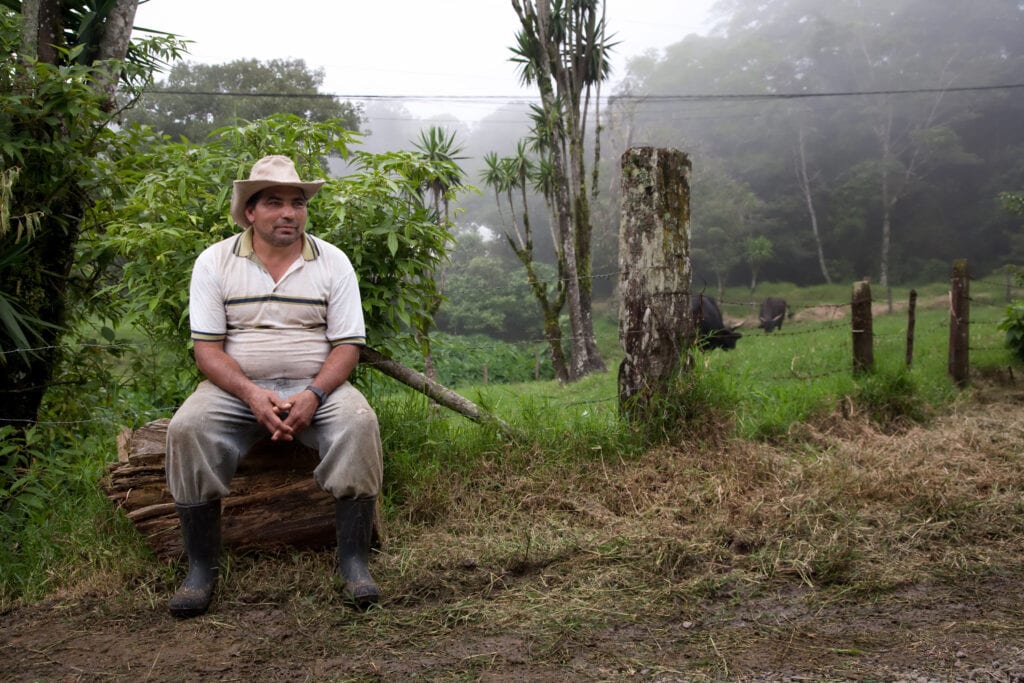
Complete Guide To Costa Rican Slang
Pura Vida – Pura Life
Pura Vida literally translates to “pure life.” This might be the national saying of Costa Rica.
Tiquicia – Costa Rica
Many Costa Ricans refer to their own country as tiquicia.
Tico/Tica – Costa Rican
This is what Costa Ricans call themselves. This is partly due to the way Costa Ricans use descriptions when they talk. Often instead of using the diminutive -ito such as chiquito (small) Costa Ricans will instead use -ico, as in chiquitico.
Mae – Dude/Bro
Mae, or sometimes maje means dude or friend. You will often hear Costa Ricans answer the question “how are you” with pura vida, mae. Mae more often used with younger people, or when older men are talking to each other. Older women don’t use it as much, and it’s not often used in formal conversation. This is really a Costa Rican slang word for younger people.
Diay or Idiay – What? Um.
This Costa Rican word is used for a myriad of things. It can be an expression of wonder at something outrageous someone has done (I just broke my foot). It can express confusion, and it is also used like “um” to fill in sentences.
Tuanis – Cool
This Costa Rican slang supposedly evolved from the English “too nice.” A favorite Costa Rica slang.
¡Qué Chiva! – How Cool
One of the most used expressions for cool by all ages in Costa Rica.
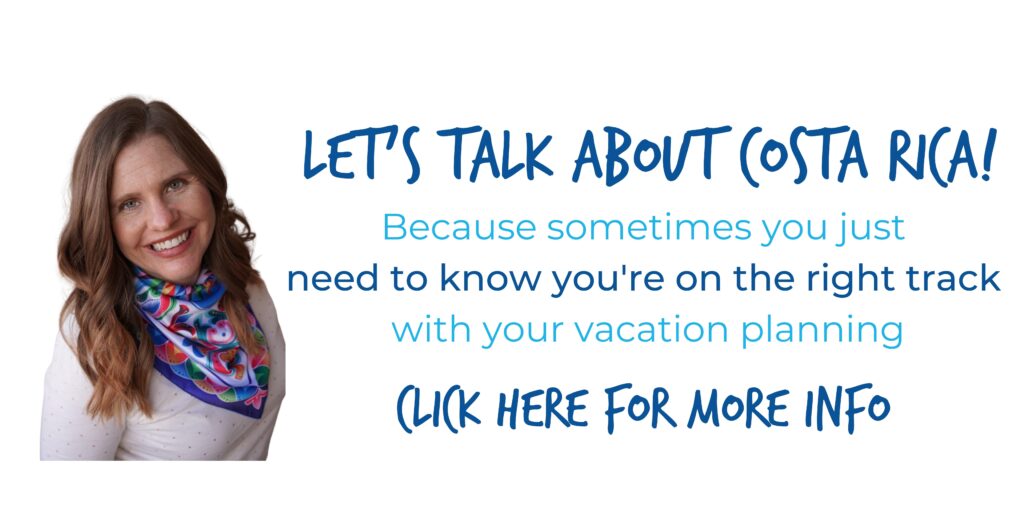
Suave – Slow Down
Translating literally to “soft” ticos use this to mean slow down or hold on.
¡Sócale! – Hurry Up
Literally translating to tighten it up, you will often hear this word when people want to go faster (like in a car) or hurry something up. Ironic, due to most Costa Ricans laissez faire attitude towards time.
Brete – Job
You will often hear this word when ticos are getting ready to do any type of work. This means homework, housework, or a job. It is used in verb form as well- “bretear.”
Al chile- seriously
One of my favorite Costa Rican slang words, this word literally translates as “to the chile.” It can be used often in casual conversation with the word mae as in al chile, mae (dude, it’s true).
Chunche – thing
This word is so uniquely Costa Rican that it’s not even funny. The favorite slang word for “things,” using this word will get a smile out of every Costa Rican you meet.
¡Qué barco! – Over the Top
This Costa Rican slang literally translates to “what a boat.” It actually refers to someone who is doing something ridiculous or unbelievable. It is used to refer to people and not things.
Embarcar – To get into trouble
Similar to ¡qué barco,! this word translates as “to get on the boat.” Costa Ricans use it when someone has gotten into a mess that will be hard to get out of.
Meter la pata – To get into trouble
There are apparently a lot of ways to get into trouble in Costa Rican slang, and this is another. It literally translates as “to put your foot in it.”
Jupa – Head
Pronounced hoo-pah. This word means “head.”
Melar – To Eat
This verb can also be changed to an adjective- ¡qué mela! which means “what a great meal.”
H.P. – Bastard
Costa Ricans are known throughout Latin America for using the phrase hijue puta liberally. Hijo de puta literally translates to son of a whore, but Costa Ricans don’t seem to find the phrase offensive and use it in front of children. H.P is the shortening of the full phrase.
N.J. – Let’s Go!
Shortened from nos juimos, a Costa Rican pronunciation for “nos fuimios” which means “we left.” You’ll hear this when it’s time for everyone to go!
Ando tras del palo – I am totally lost
Literally means “I’m behind the tree” This phrase is used when someone does not understand something. It’s not used for talking about directions or location.
Hablar paja – Talk crap
This Costa Rican slang phrase translates to talking straw, this is when everyone is just sitting around talking about nothing.
Despiche – Mess
This word needs to be used carefully as it is derived from the word picha which means dick. The word is used when something is a big mess- like “look what a mess traffic was yesterday.”
Pichazo- A lot
This Costa Rican slang could get you in trouble if you aren’t careful. The word is derived from “picha” and it means a whole bunch of something. Such as qué pichazo de gente – what a ton of people. Literally “what a dickful of people.”
Un Rojo – 1,000 colon bill
Since the bill for 1,000 colones (roughly $2.00 at the time of writing in 2024) is red, people just refer to it as “a red.”
Una Teja – 100 colones OR a cool person
This fun slang has two meanings. I don’t know the correlation between the word (literally translating to roof tile) and either of these meanings, but they sure are fun.
RELATED POST: The Complete Costa Rica Currency Guide
Mejenga – to play soccer
Needs no explanation. You’ll hear it constantly as soccer is so popular.
Estuche – Stadium
Literally translating to “case,” Costa Ricans refer to their soccer stadiums as estuches.
Guaro – Liquor
Many people call liquor in general guaro, but it more specifically refers to the national liquor- Cacique.
Estar de Goma – To have a hangover
To be glue is the literal translation- which is good because I have felt like I’m moving through glue when I have a bad hangover.
RELATED POST: 14+ Costa Rican Cocktails and Alcoholic Drinks
Wachiman – Parking lot attendant
The wachiman– from the English “watch” plus “man” is a weird and semi-ineffective Costa Rican slag and a way to keep cars safe. Essentially a person in an orange construction vest will take a parking lot or block and watch the cars while they are parked in exchange for a nominal fee.
RELATED POST: Costa Rica Safety Guide
Ride/Rayte – Ride
From the old days of hitchhiking, this also is derived from English. Pedir ride is to ask for a ride.
Bañazo – Ridiculous
¡Qué bañazo! literally means what a huge bath, but we use it to mean something that is absolutely ridiculous. It can be directed at a situation, thing or person.
Choza – house
Many people will use this word interchangeably with the word “chante.”
Ruco – horse
With the popularity of horseback riding in Costa Rica, you’ll hear this occasionally among tour guides when talking to each other.
Un toque – a second
Literally meaning “one touch” this slang refers to something that happens quickly. It is often used with suave un toque to mean “hang on a second.”
Buena Nota – good people/good things
Translates to “good note,” which I guess could refer to a good grade? This Costa Rican slang is used when something is pretty awesome.
Agüevado/a – sad
This is slang derived from the word huevos which means “egg” but also “balls.” It’s when you are sad or you think something sucks.

Christa Jimenez
Welcome! I’m Christa, a Spanish teacher married to a handsome Costa Rican and mother of two bilingual daughters. We’ve spent over 25 years living in and traveling to Costa Rica with our daughters, and this website is my love letter to all things Costa Rica- and to bilingual parenting too. You can read my full story here. Thanks for stopping by!



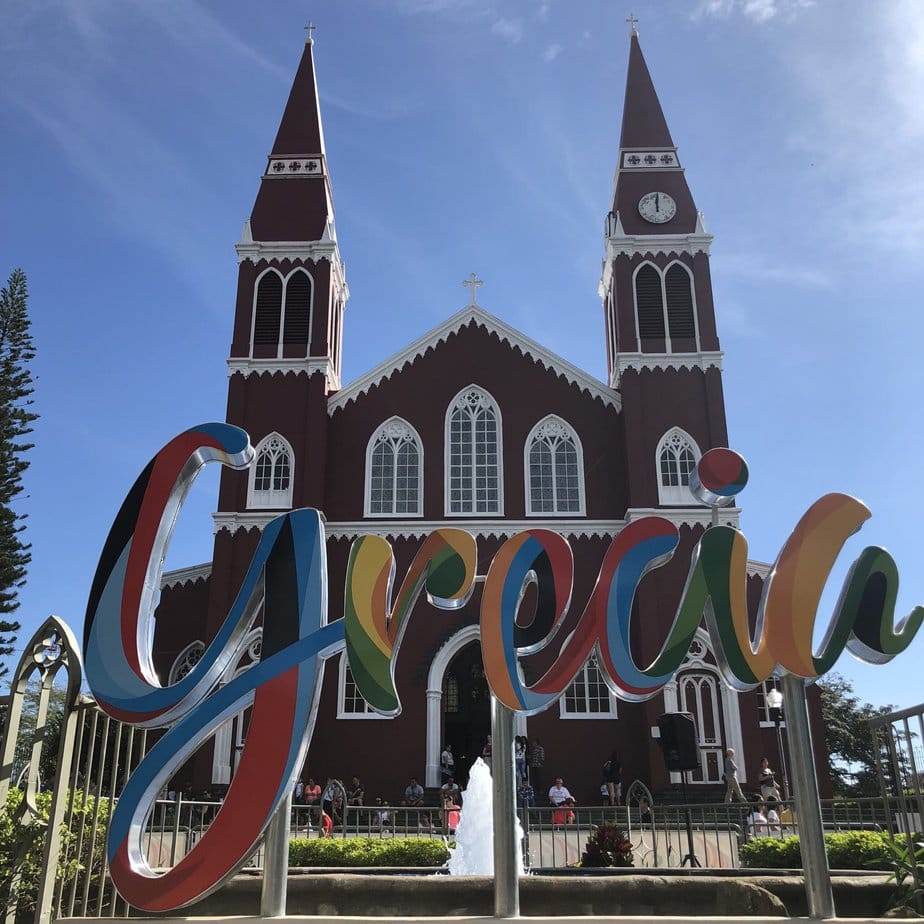
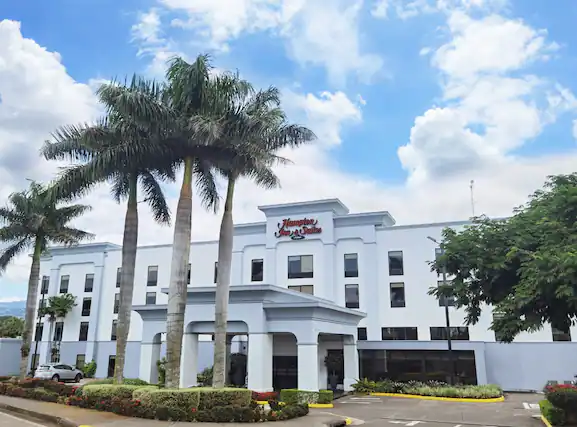

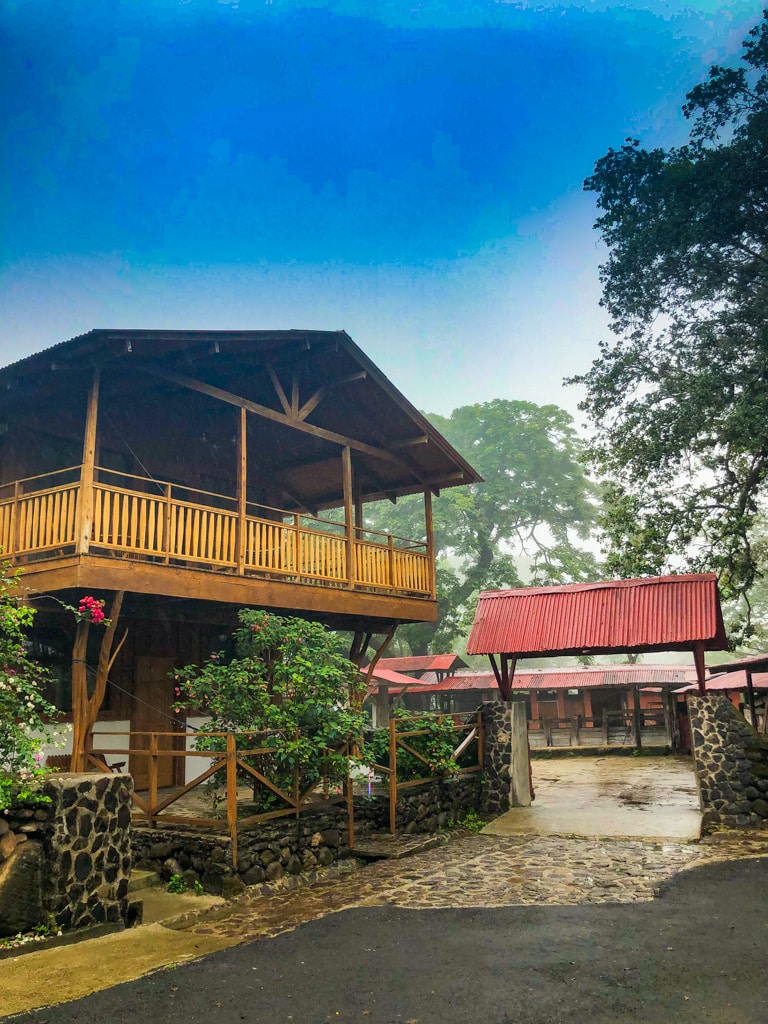
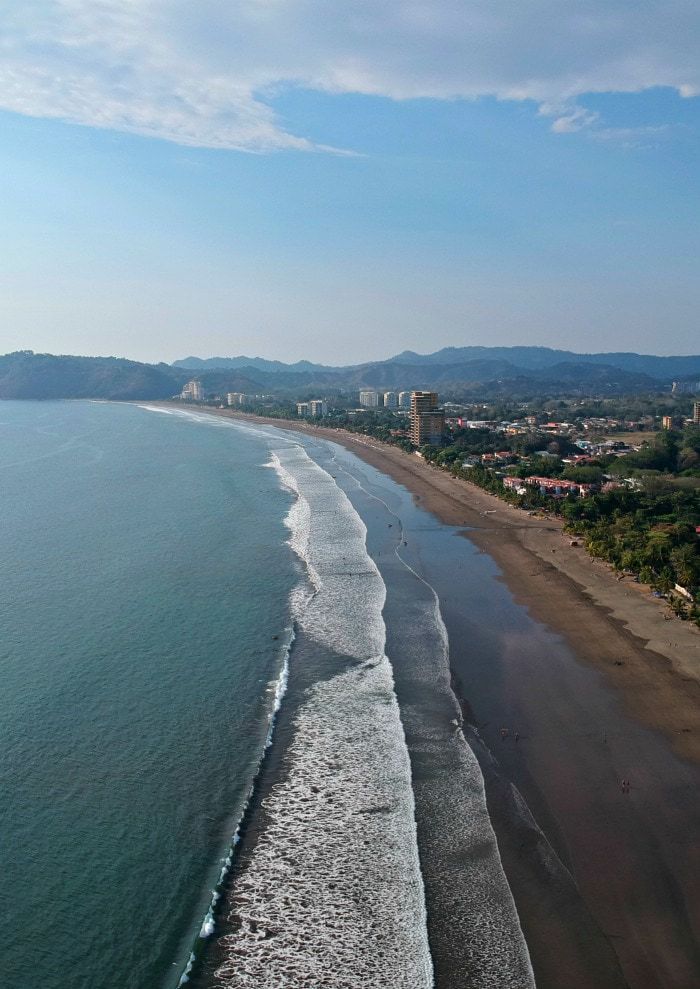
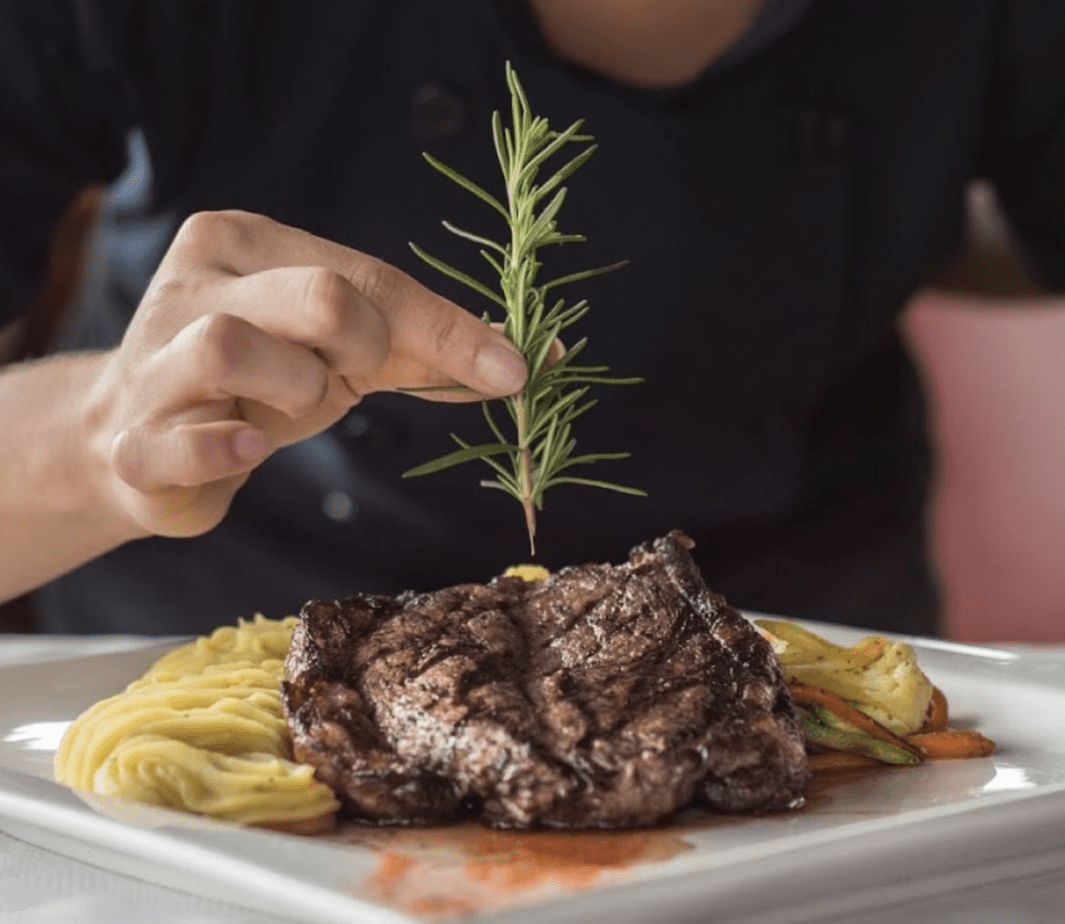
Thank you for putting this article together. I’m looking forward to communicating with ticos/ticas on my next trip. Colloquial Slangs are a great way to “break the ice”, and chat with the locals.
Absolutely! Have so much fun with them. Pura vida! ~Christa